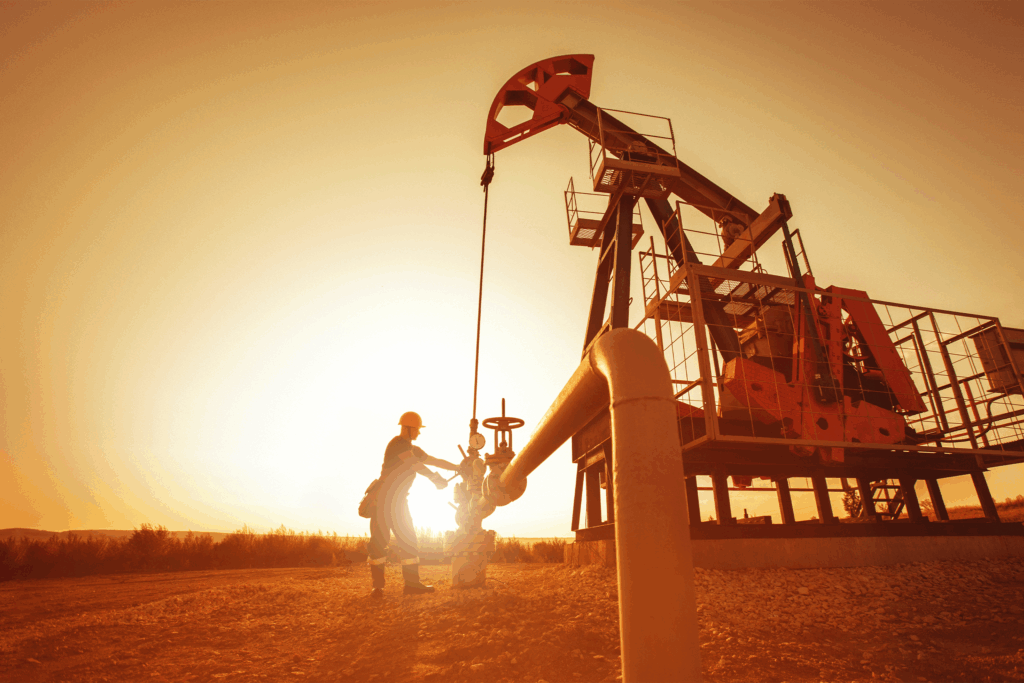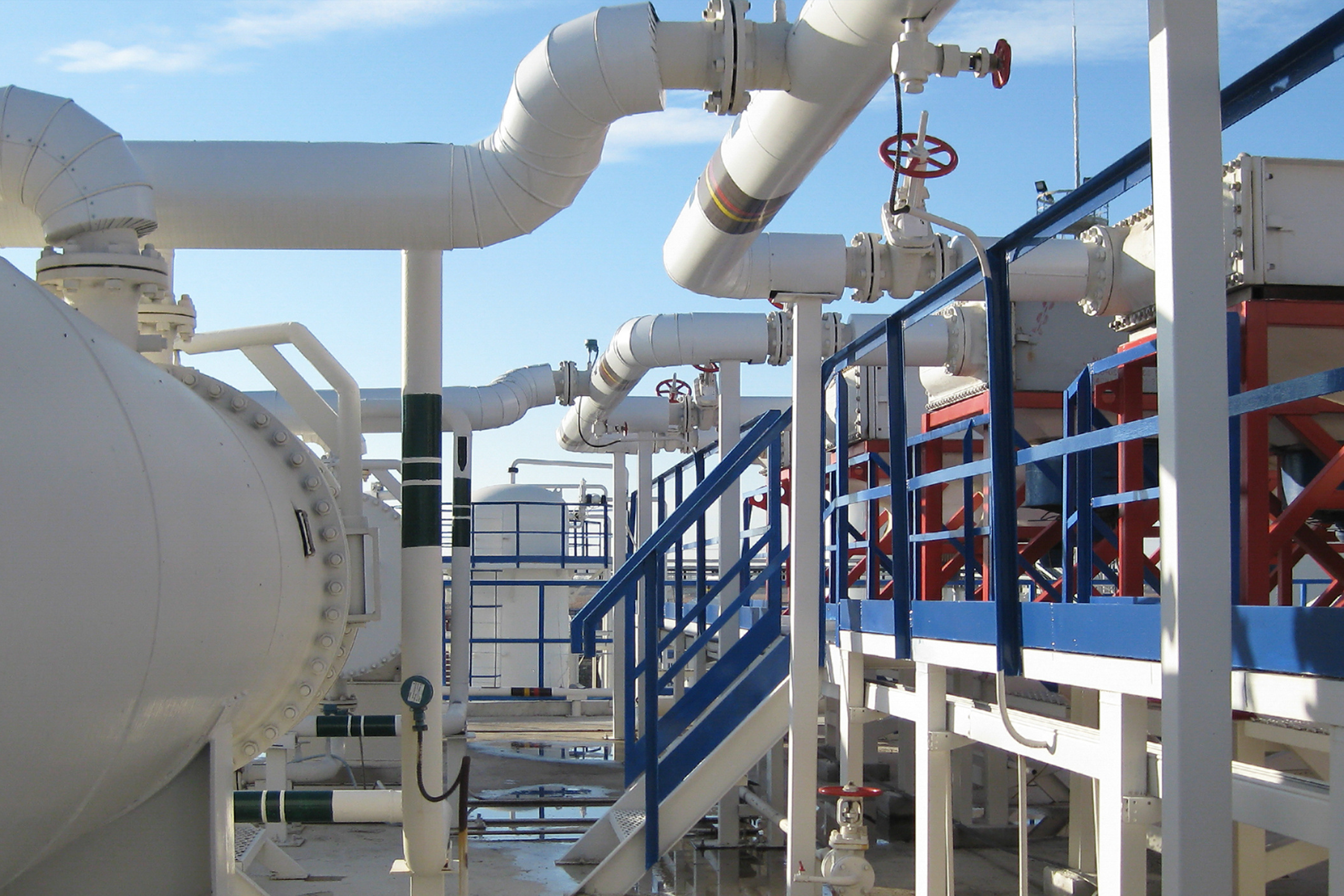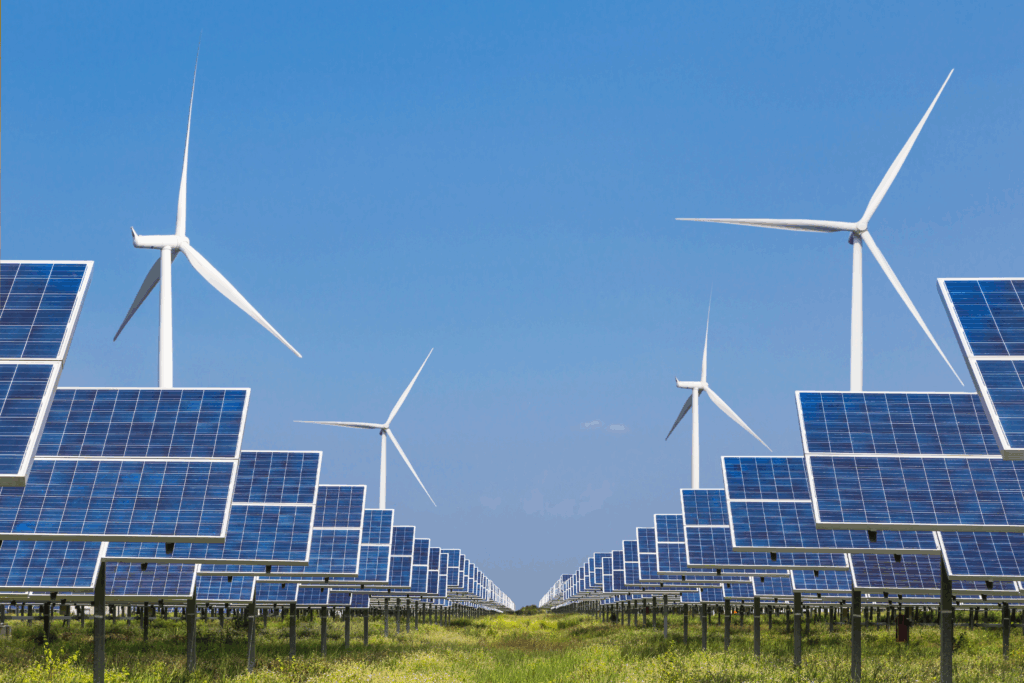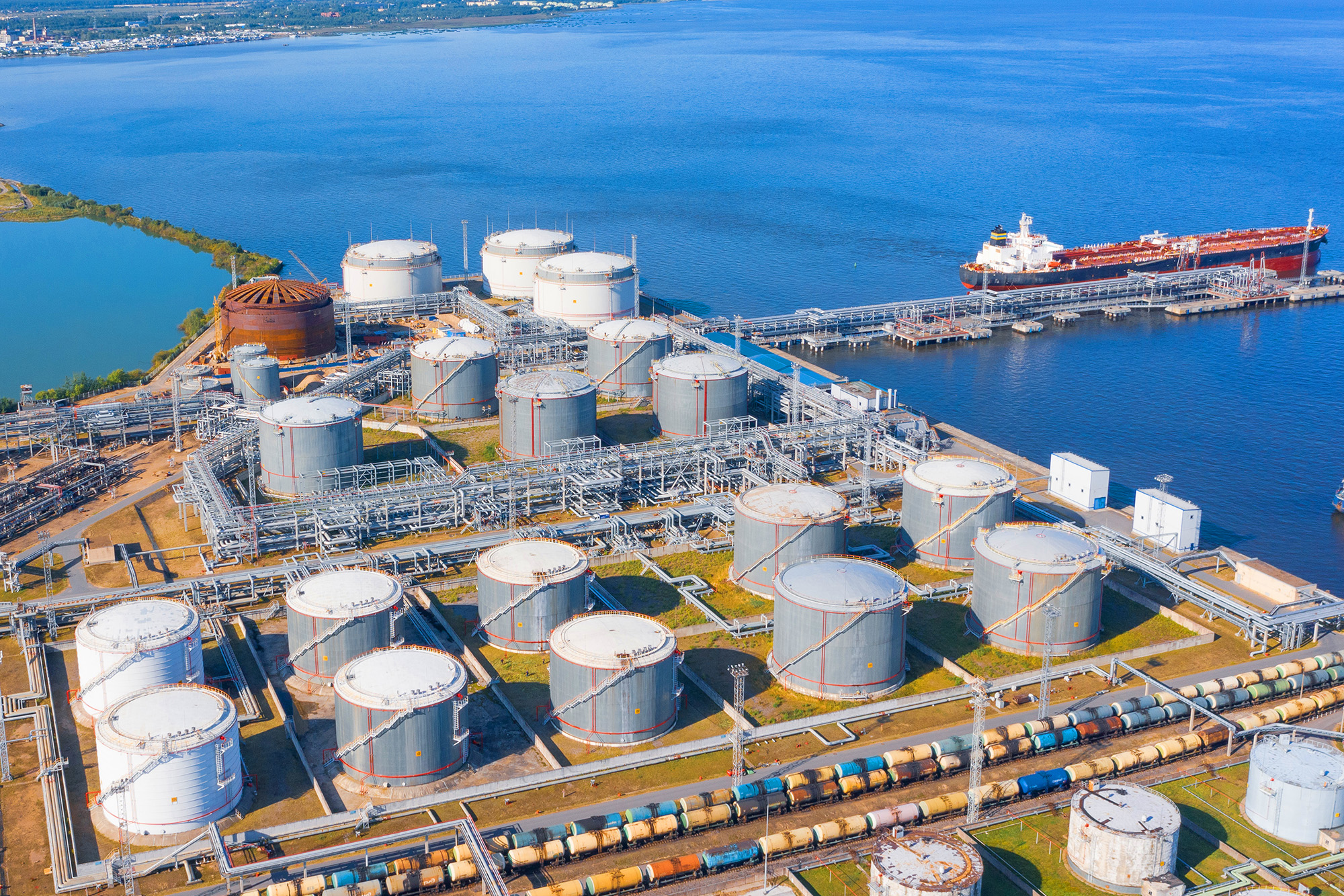
Energy & Natural Resource Experts
INSURICA’s Energy & Natural Resource experts are a local partner with reach to global markets.

Resources
Find Out More About Our Services and Capabilities
We are here to answer any questions you may have and look forward to hearing from you.
Latest News
Today’s insurance programs must take into account the unique challenges faced by each client. In addition to a strong coverage program, some businesses may need advanced services. INSURICA has the additional Client Services required by complex business operations.
The Risks of Radon Exposure
Radon is a colorless, odorless and tasteless radioactive gas that is formed from the natural radioactive decay of uranium found in many rocks, soils and water. It is a known human carcinogen; in fact, as the second leading cause of lung cancer behind smoking, it presents a serious health risk to those exposed.
Keeping Our Workplace Violence-Free
Although we do our best at to keep the workplace safe, violence inflicted by an outsider or between employees remains a serious safety and health issue. It can occur inside or outside the workplace and can range from threats and verbal abuse to physical assaults and homicide. In fact, according to the United States Department of Labor, workplace violence is the fourth-leading cause of fatal occupational injury in our country.
Keeping Up with the SPCC Rule
The existence of the Environmental Protection Agency’s (EPA) Oil Spill Prevention, Control and Countermeasure (SPCC) Rule, which has been in place since the 1970s, is widely known in the oil and gas industry. However, it is important to be aware of changes and clarifications made in 2010, which are of particular interest to those in the oil and gas industry. In a continued effort to prevent oil discharges from reaching navigable waters and adjoining shorelines, the EPA made several clarifications and changes to the decades-old SPCC Rule. The following provides an overview of the basics of the SPCC Rule while highlighting important modifications.




